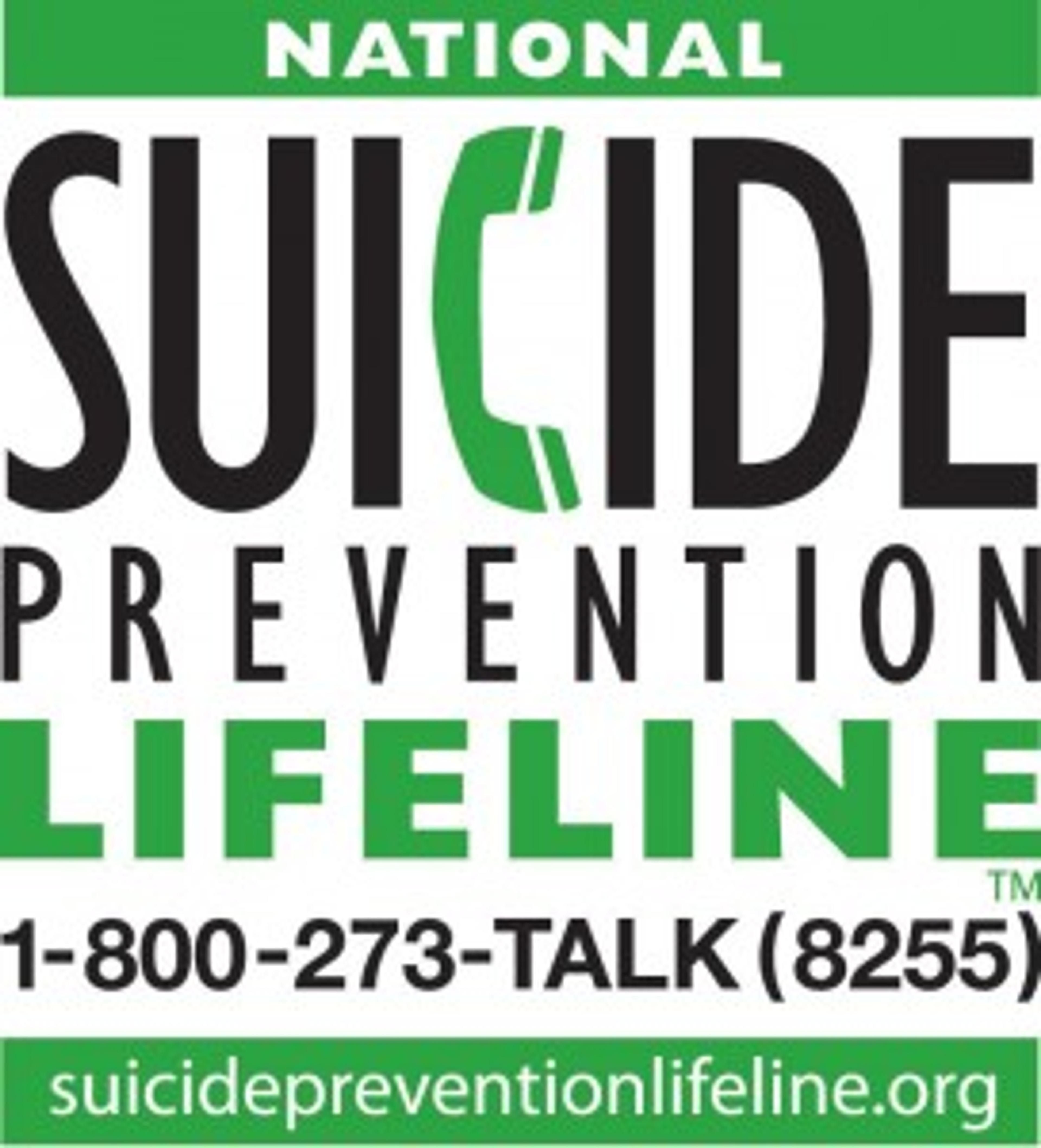Depression and teens: Your child may be more than just ‘moody’
Lara Abramov
| 2 min read

It really resonated with me, the article I read a few months back, about another teen suicide. Michael Camilleri was a 17-year-old high school senior, captain of the soccer and baseball team, had a 4.3 GPA, was a member of the National Honor Society and was debating whether he should go to Stanford or U of M. Those who knew him described him as “exactly what you want in a kid.”
Michael’s tragic passing goes to show that depression can still wield deadly blows even when someone seems to have so much going for them. In fact, suicide claims the lives of up to 2,000 children a year in the U.S. Did you know:
- Suicide is the third leading cause of death among teens?
- One out of every 15 high school students attempts suicide every year?
- For each teen suicide, there may be as many as 100 to 200 attempts?
As parents, we spend so much of our lives loving and protecting and dreaming for our children. Despite our best attempts to keep our teens resilient to the barbs delivered by life, there are many things that can lead to a profound sense of disappointment and depression. These can include:
- Family expectations
- Social and academic pressures
- Failure to live up to expectations
- Neurochemistry
- Heredity
- Traumatic life events
In the past, people thought teens were just “moody” or “difficult,” but things are changing. We’re beginning to see our children as people unto themselves, not ornaments of our own egos (“My kid depressed? How could that be? I’ve given them so much! What do they have to be depressed about?”). Though some teens may not be able to express themselves well, signs of depression, which last for longer than two weeks, can include:
- Poor performance in school
- Withdrawal from friends and activities
- Sadness and hopelessness
- Lack of enthusiasm, energy or motivation
- Anger and rage
- Feelings of being unable to satisfy ideals
- Substance abuse
- Suicidal thoughts or actions
The good news – depression is treatable. If your teen is struggling with any of the above, reach out for help. Today. Call your child’s doctor or a mental health professional, school counselor or the National Suicide Hotline at 1-800-SUICIDE (1-800-784-2433).
Even kids who seem to be “perfect” can struggle with depression. Parents: have you dealt with a depressed teen? Any helpful hints you’d like to share?





